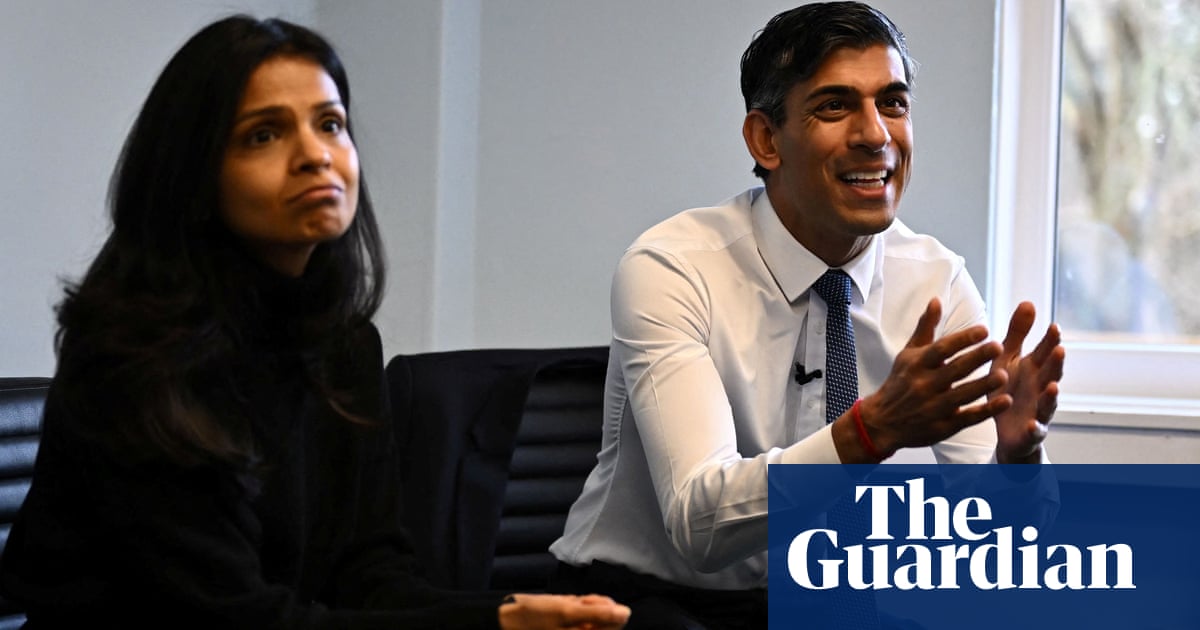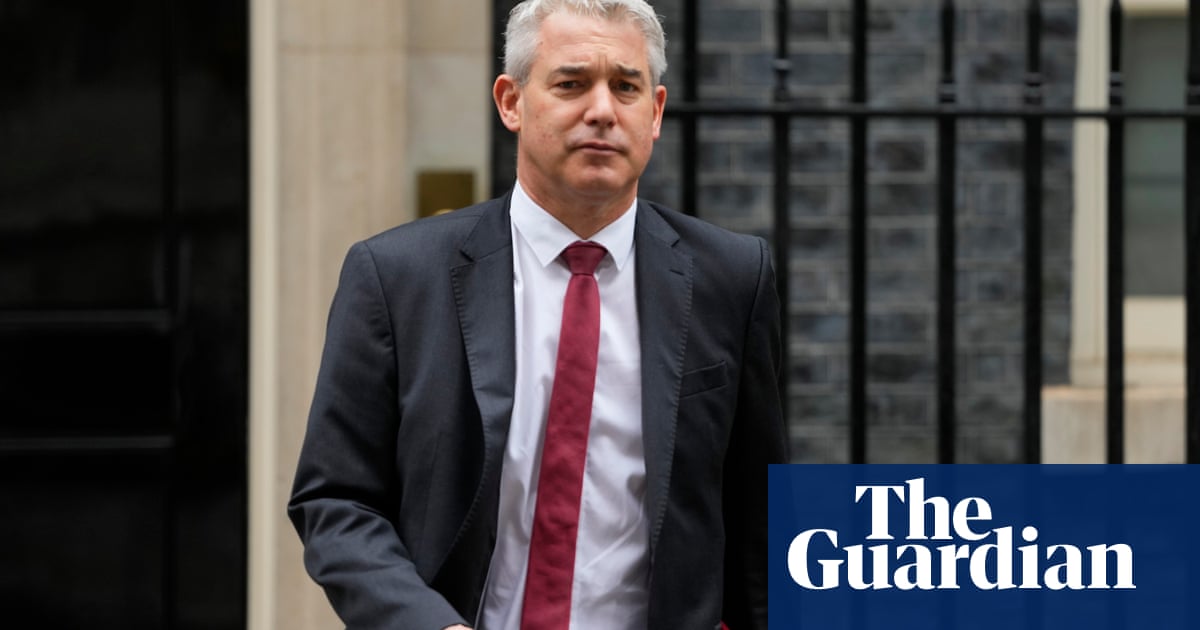
The Treasury’s decision to appoint the head of the City regulators’ watchdog has been thrown into controversy after campaigners accused the newly installed commissioner of being unfit because of conflicts of interest.
Positive Money is concerned that the financial regulators complaints commissioner, Rachel Kent, could struggle to remain independent, given that she will continue to advise the government and financial services bosses on behalf of the City law firm Hogan Lovells.
Kent, who took the commissioner role last month, has given up her position as a partner at Hogan Lovells, but is staying on part-time as a senior consultant on its financial services regulatory team, which advises banks, insurers and investment and wealth managers.
Positive Money says this poses a conflict of interest, because she will be responsible for handling complaints, including from City firms, against the sector’s three regulators: the Financial Conduct Authority, the Payment Systems Regulator and the Prudential Regulation Authority.
“Tasking a lawyer who remains in the employment of a business serving financial firms with judging those same firms’ complaints against regulators, creates a clear conflict of interest,” Fran Boait, co-executive director at Positive Money, said.
It is the first time that the government has appointed the commissioner, who until this year had been selected by the trio of regulators. The government gave itself the powers to take over the appointment as part of the wide-ranging Financial Services and Markets Act, passed in the summer.
Kent has defended her position, telling Positive Money in a letter last month that she “made various changes to my arrangements to take proper account of conflicts and the perception of conflicts. I did this in discussion with HM Treasury who appointed me”.
She said that in the case of a conflict, the Treasury had the ability to appoint a temporary replacement to deal with select cases.
She also stressed that her position at Hogan Lovells was publicly disclosed, and that none of her pay in the role came directly from regulated financial firms.
Positive Money said this was splitting hairs, and that ultimately her salary would come from Hogan Lovells’ own clients, which include regulated firms. It also questioned whether this would affect Kent’s ability to reach objective decisions on whether complaints were justified.
Kent’s pay at Hogan Lovells is not disclosed but is likely to exceed the salary she earns at the commission, where her predecessor took home £129,000 last year, according to its latest annual report.
Kent also noted in her letter that most of her consulting work at Hogan Lovells would involve advising the “UK government and related entities”.
Positive Money said this posed additional conflicts, given that the government had recently given regulators a new responsibility to promote economic growth and international competitiveness. Leading economists and former politicians have said the new “objective” risks watering down regulation and recreating the conditions that led to the 2008 banking crash.
Boait said the potential conflict “would pile on more pressure for lax regulation and watered-down standards … with the public paying the price” and called on Kent to resign from her other roles.
“Either Kent must drop these conflicts of interest, or the government must find someone else for the job if she is unwilling to do so.”
The Treasury said: “Rachel is a highly experienced candidate who was appointed through a robust process. As part of her appointment, she has stepped down as a partner at Hogan Lovells and will not benefit from or provide advice to regulated firms while in the role.”
The Guardian attempted to contact Kent for comment.












